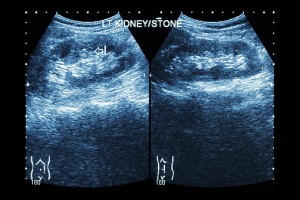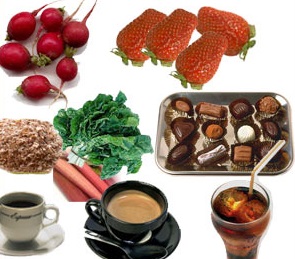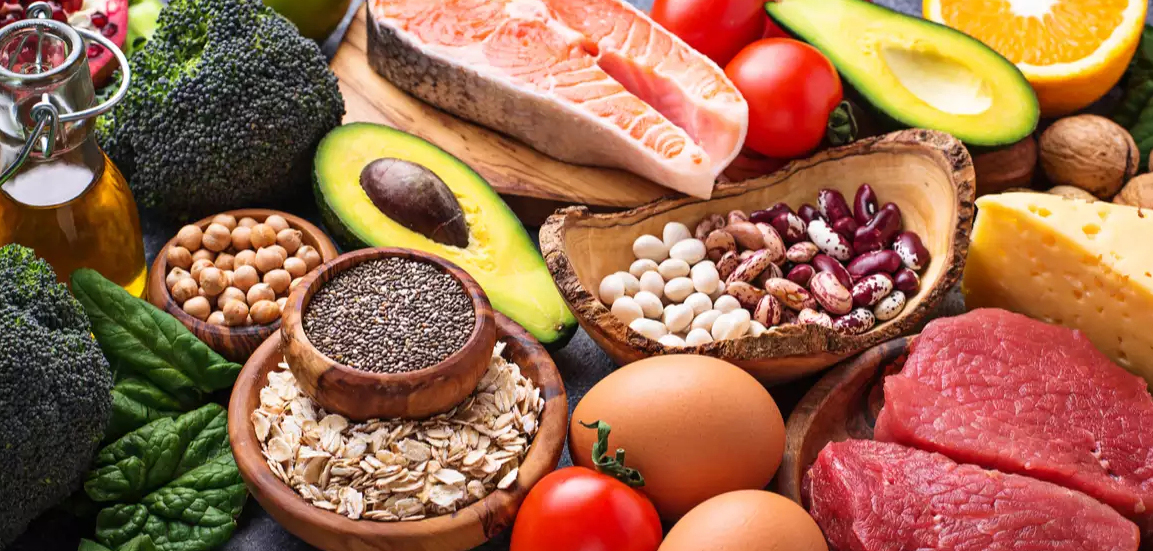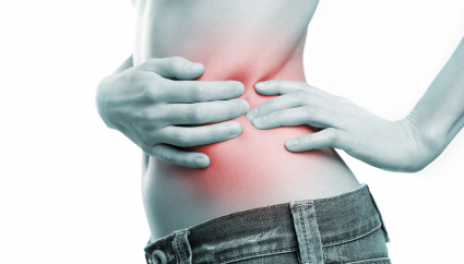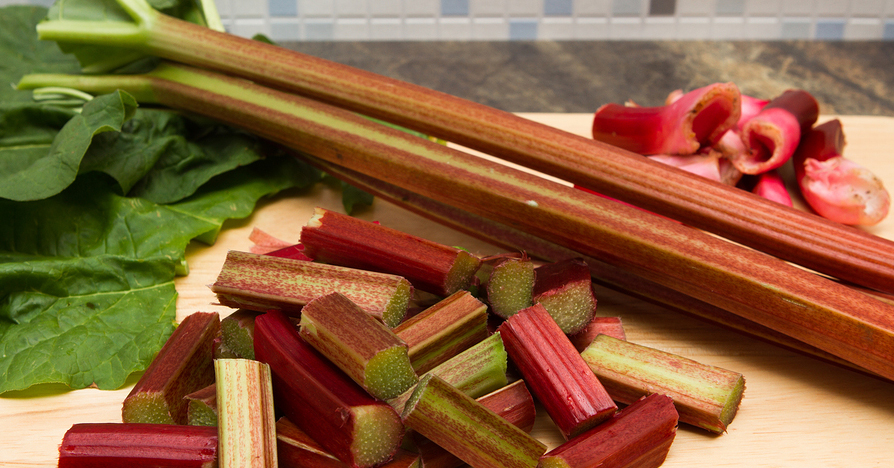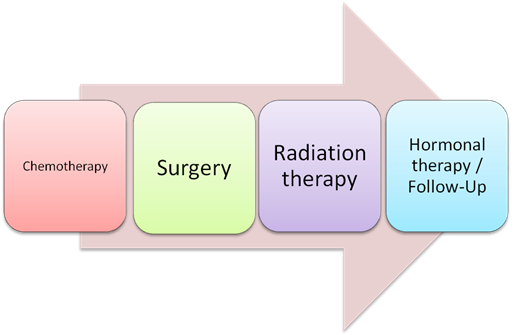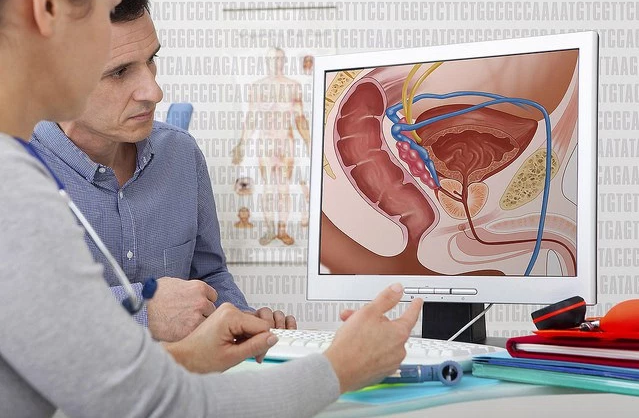Kidney stones or otherwise called nephrolithiasis are small mineral deposits that form inside the kidneys. These stones are made of acid salts and minerals and the kidney stone treatment is selected according to the diagnosis and the size of the deposits. Generally speaking, there are many causes that lead to the creation of kidney stones and there is not any particular part of the urinary tract that gets affected – they can affect any part from the kidneys to the bladder. The reason why kidney stones form is usually that when the urine becomes concentrated, it allows the minerals to crystallize and form a mineral deposit.
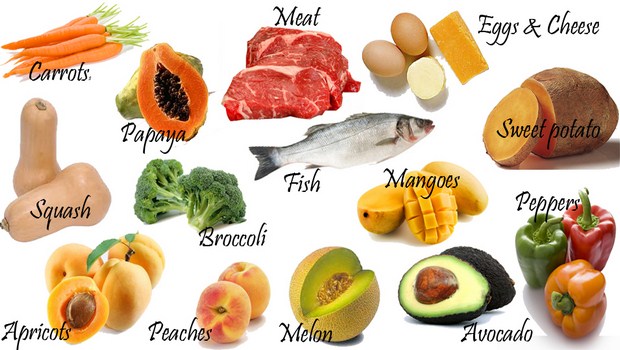


Passing kidney stones can be painful and there are also many effective home remedies for kidney stones. In most cases, the stones cause no permanent damage to the kidneys or the bladder. In some cases, the only requested treatment is pain medications and drinking more water in order to pass the kidney stones, while in others surgery is a necessity in order to remove stones from the urinary tract.
Some people have constant problems with kidney stones. Recurring kidney stones are common. A doctor must examine the area and may recommend preventive treatment for kidney stones in order to reduce the recurring risk.
Table of Contents
Types of Kidney Stones
There are several types of kidney stones and determining the right one is crucial in giving clues on whether this should be resolved medically or can be resolved with the help of some natural remedies for kidney stones. The types of kidney stones include:
- Calcium stones: The majority of kidney stones are calcium stones and usually appear in the form of calcium oxalate, a natural substance that is found in food. Certain fruits and vegetables have high oxalate levels and so do some nuts and chocolate. Additionally, some other dietary factors such as high vitamin D doses and metabolic disorders can increase the chances of the formation of calcium stones.
- Uric acid stones: These can form in people who do not drink a sufficient amount of fluids or eat a high-protein diet. There are also some genetic factors that may increase the risk of forming uric acid stones in the body.
- Struvite stones: These form as a result of an infection such as a urinary tract infection and can grow quickly. In most cases, the symptoms are very mild and hardly noticeable.
- Cystine stones: Cystine stones form in cases of hereditary disorder that may often cause the kidneys to excrete large amounts of certain amino acids.
- Others: There are also other types of stones that may form.
Treatment for Kidney Stones
The treatments for kidney stones may vary, depending on both the type of the stone and the cause.
Treatment for small kidney stones
Small stones with mild symptoms don’t require invasive treatment and can be passed by:
- Drinking more water: If you drink as much as 2-3 quarts of water daily, this may help you pass the stones out of your urinary system.
- Taking pain relievers: Passing a small stone can often cause discomfort and in order to relieve the mild pain, you may be recommended to take pain relievers, naproxen sodium or acetaminophen.
- Medical therapy: There are other medications that can be prescribed to help a person pass a kidney stone. These are known as alpha-blockers and their purpose is to relax the ureter muscles which will then help pass the kidney stone more quickly and less painful.
Treatment for large kidney stones
Large stones, with severe symptoms, can rarely be treated conservatively because they may cause bleeding, urinary tract infection, and even kidney damage. Additionally, they may be too large to pass on their own. The procedures used for cases that require more extensive treatment are:
- Sound waves that break up stones: Depending on the size and the location of the stones, a doctor may recommend an extracorporeal shock wave lithotripsy. This procedure involves sound waves that create shock waves (vibrations) that break big stones into smaller ones. The smaller ones can be later easily passed through the system.
This procedure usually lasts about 45 to 60 minutes and the patient is under sedation or light anesthesia because it can cause moderate pain and make the patient feel uncomfortable. Additionally, this procedure may cause urine blood, bruising on the back of the abdomen, or kidney bleeding.
- Surgery: A procedure referred to as percutaneous nephrolithotomy involves the surgical removal of a large kidney stone. This is performed by using small instruments and telescoped, being inserted in the back of the patient through a minor incision. This surgery requires general anesthesia and the patient must stay in the hospital for 1-2 days in order to recover.
- Scope treatment: If one has a small stone in the ureter or kidney, a thin lighted tube called a ureteroscope may be passed through the affected area. This scope is equipped with a camera that will locate the stone. When the stone is located, special tools are used to either snare or break the stone into pieces that can later pass in the urine. Then, the doctor may place a tube called a stent in the ureter in order to relieve swelling and promote the healing process.
- Parathyroid gland surgery: There are certain calcium phosphate stones that are caused by parathyroid glands that are overactive. These are located on the four corners of the thyroid gland, below Adam’s apple. When they produce too much of the parathyroid hormone called hyperparathyroidism, the calcium levels increase and a kidney stone is developing. This usually happens when a small benign tumor forms in the glands or there is another condition that leads to these glands producing more of the hormone. Removing its growth can stop kidney stones formation. There are several home remedies for kidney stones of this kind.
Prevention of Kidney Stones
Prevention of kidney stones includes a combination of the following lifestyle changes:
- Drink more water, especially if you have a history of kidney stones or live in a dry, hot climate.
- Avoid eating foods that are rich in oxalate if you tend to form such stones. These include beets, okra, rhubarb, spinach, sweet potatoes, and Swiss chard, nuts, chocolate, tea, and soy products.
- Avoid eating too much salt and animal protein.
- Eat foods that are rich in calcium, but ask the doctor before deciding on taking calcium supplements.
Risk Factors for Kidney Stones
Some risk factors for kidney stones are:
- Dehydration: People who live in warm climates and people who sweat a lot are at higher risk than others. However, the main source for hydration is drinking enough water, so not drinking the necessary daily amount is often the main reason for kidney stone creation.
- Family history: Chances of developing kidney stones are higher if someone in your family has them.
- Personal history: If you had kidney stones before, the risk for you developing them again is increased.
- Diets: If one is following a diet that is high in sodium, sugar, and protein this may increase their chances of developing some type of kidney stones. Too much sodium and sugar in a diet can increase the amount of calcium greatly. If this happens, the kidneys are not able to fully filter the calcium and the risk of kidney stones is increased.
- Obesity: Obese people with high body mass index, weight gain or large waist size are often linked to an increased risk of developing kidney stones
- Surgery and digestive diseases: Inflammatory bowel disease, gastric bypass surgery, and chronic diarrhea are known causes for the development of kidney stones. These may cause changes in the digestive process that can later affect calcium and water absorption.
- Renal tubular acidosis
- Cystinuria
- Hyperparathyroidism
- Some medications
- Urinary tract infections
When speaking of this condition, there is not a definite kidney stone cure, but the stones can and must be passed if one is diagnosed with kidney stones. Additionally, there are many natural cures for kidney stones available and these include proper lifestyle changes, according to the type of stones, their recurrence, and the doctor’s opinion. If the stones are large and are causing the patient severe pain, surgery or another extensive procedure must be performed immediately in order to avoid further complications or even more severe pain.
People who have these issues often should start a new diet in order to avoid recurrence. Additionally, they must start having regular visits to the doctor’s office in order to find the best way to prevent developing kidney stones again. There is a solution for kidney stones, but this condition should not be taken without serious thinking and consultation with a professional. A doctor will base your treatment on the clinical tests and other factors that help in the diagnosis such as the cause and symptoms you may be experiencing.




